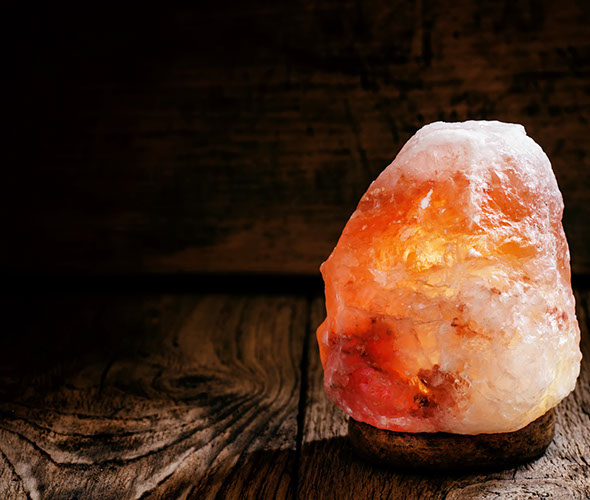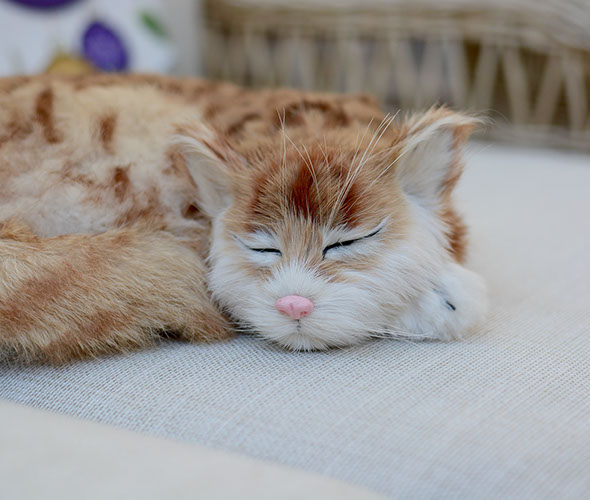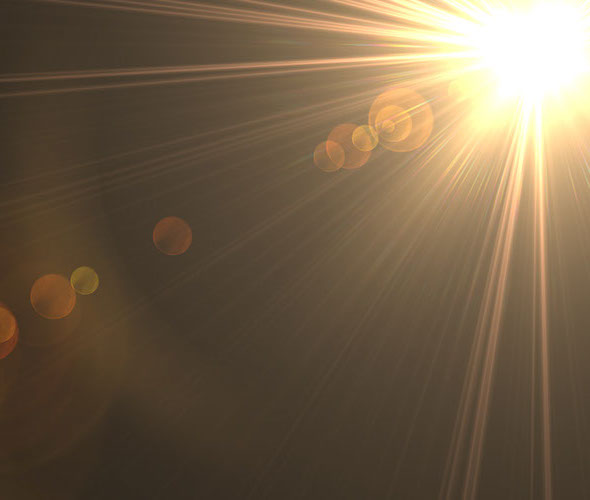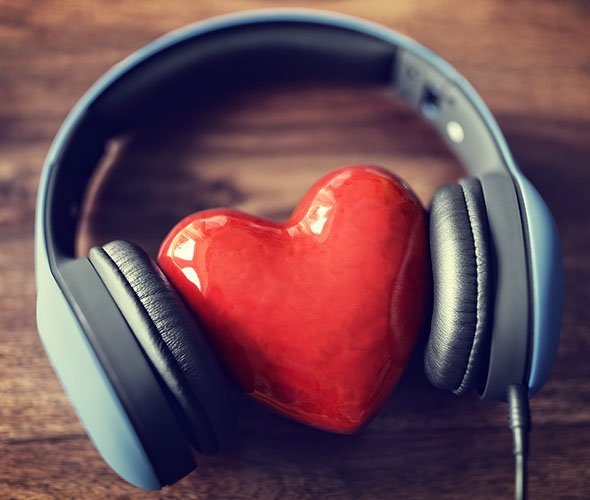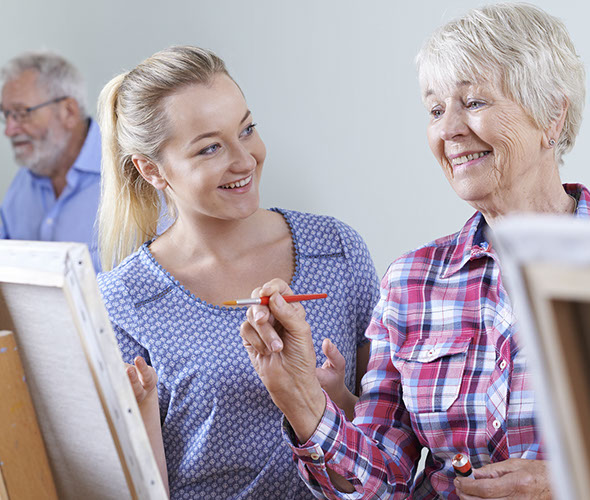
THRIVING WITH DEMENTIA
Close your eyes and think of the smell of lilac. What image comes to mind? Our senses are some of the most powerful and direct sources to memory. Some of our strongest memories, our most potent associations, are triggered by odor. A smell that you associate with an event or moment in the past will often transport you to that moment. It can do so much more than just stir a memory.
Home Again combines several professional specializations to improve quality of life care for our residents. Our approach to memory care focuses on the treatment of residents as a whole person. We take into consideration mental and social factors, rather than simply treating the physical symptoms of Dementia.
WHAT TO EXPECT FROM US
ACTIVITY/BEHAVIORAL EXPRESSION ENHANCEMENTS
Active Tactile Stimulation

Active Tactile Stimulation
Anything touched and anything that touches us can be stimulating. Every solid object has texture, temperature, shape. Balls in a collection can be smooth or rough, hard or soft, furry or…not. The sense of touch also includes the differentiation and recognition of temperature, pain, and body position (proprioception).
Olfactory Stimulation

Olfactory Stimulation
In addition to the therapeutic benefits of the oils themselves, studies have also shown that Aromatherapy: sensory stimulation for people with Alzheimer’s can decrease agitation, improve sleep and improve the overall quality of life for those living with the disease.
Himalayan Salt Lamp
